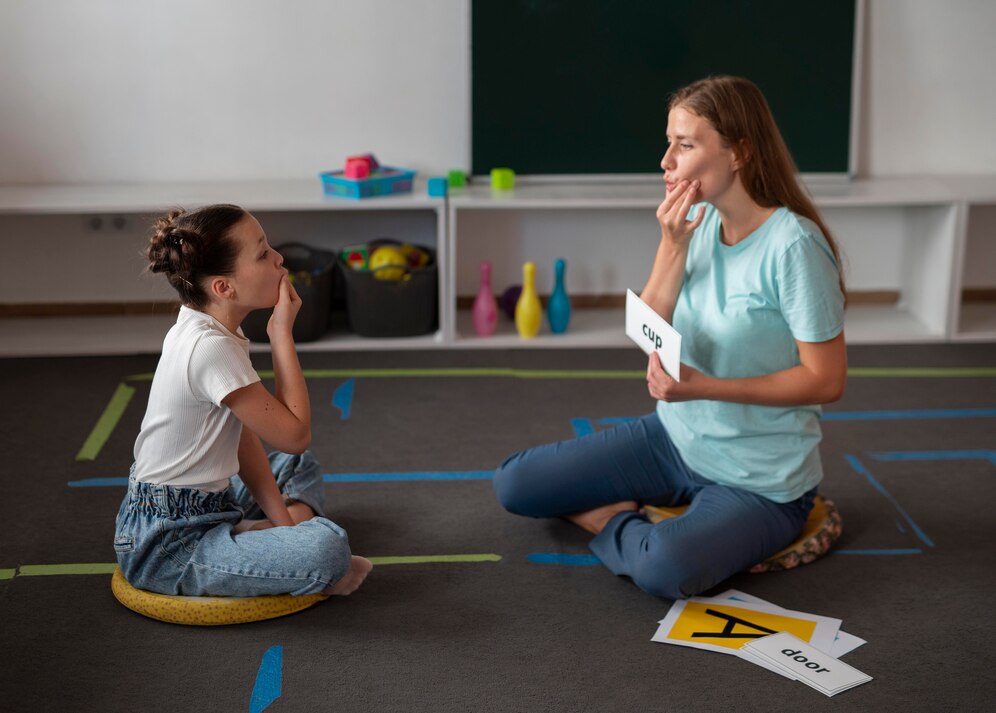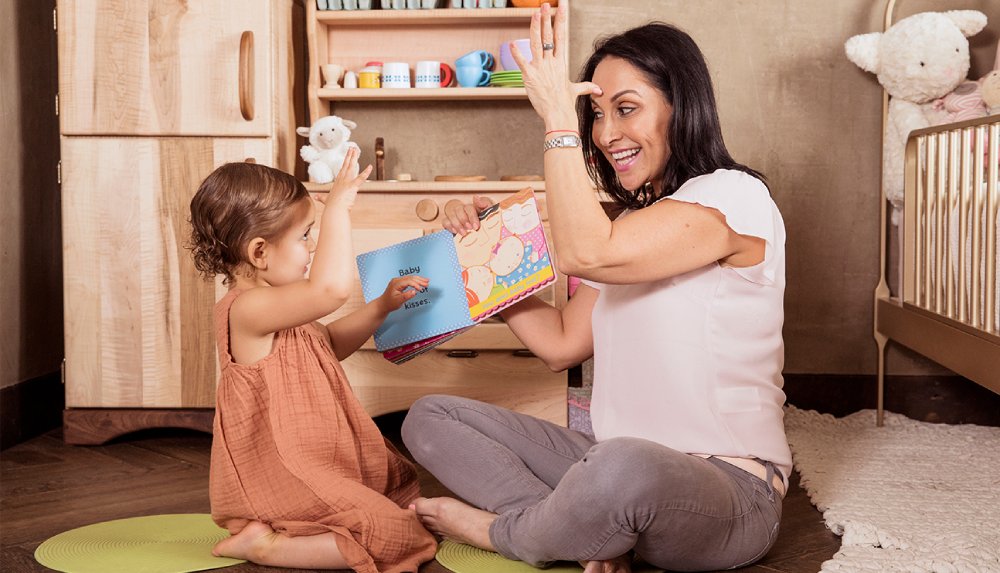The Parenting & Family Blog

How to Encourage Speech Development in Toddlers
Speech development is a vital leap in your toddler’s journey. It brings boundless joy and, at times, a sprinkle of worry for parents. Nurturing speech is vital. It unlocks communication and boosts thinking. This guide plunges into playful strategies for boosting speech and language prowess. Bursting with useful tips and engaging activities, it’s your ultimate roadmap to nurturing children’s linguistic growth.
Why It Matters
Effective communication is the bedrock of a child’s growth journey. Speech and language skills are vital for sharing needs and forging connections. Nurturing toddlers’ speech development transcends mere vocabulary — it cultivates a lifelong asset. It shapes their world, influences relationships, and fuels curiosity.
Research reveals that early speech and language skills shape future success. Children who master communication early often excel in school. They enjoy higher self-esteem and healthier social ties. By addressing speech delays promptly, we can sidestep later literacy hurdles. Nurturing these skills early lights the path to brighter futures.
Step-by-Step Guide to Encouraging Speech Development

Enhancing speech development in toddlers requires a multifaceted approach. Here are some actionable insights to guide you:
Create a Language-Rich Environment
Wrap your toddler in a tapestry of words. Chat away as you move through your day, painting verbal pictures of your activities and surroundings. Sprinkle in an array of words and sentence styles to open up a world of language. Let every conversation be a stepping stone on their journey of discovery.
Read Together Daily
Reading is one of the best activities for speech growth. Choose age-appropriate books and read with enthusiasm. Encourage your toddler to point to pictures, repeat words, and ask questions. This interaction not only improves vocabulary but also fosters a love for reading.
Engage in Interactive Play
Interactive play is crucial for language development. Play games that require communication, such as peek-a-boo or simple board games. Use toys like puppets or dolls to spark conversations and storytelling.
Encourage Imitation and Repetition
Imitation is the secret sauce to your toddler’s learning journey. Encourage them to echo sounds, words, and phrases, turning chatter into charm. Repetition is the melody of mastery, so sprinkle those words in various contexts. This helps little minds understand and retain the delightful dance of language.
Use Music and Songs
Music is a powerful tool for language development. Sing nursery rhymes and songs with repetitive lyrics. Encourage your toddler to sing along and use actions to make it more engaging. This not only improves language skills but also enhances memory and rhythm.
Provide Opportunities for Social Interaction
Set up playdates or join toddler groups for peer interactions. These social encounters are the building blocks for language development. They offer your child golden opportunities to practice communication in lively settings. Engaging with others sparks learning, enhancing both confidence and conversational skills.
Additional Expert Tips & Common Mistakes to Avoid

Here are some expert tips to help improve your toddler’s speech. Also, watch out for common mistakes:
Be Patient and Encouraging
Each child blossoms in their own time. Cultivate patience and shower them with encouragement. Celebrate every little victory, for they are stepping stones to success. Remember, frustration has no place here, especially when progress feels like a slow dance.
Avoid Over-Correcting
While it’s important to model correct language use, avoid constantly correcting your toddler. This can lead to frustration and reluctance to speak. Instead, gently model the correct way by repeating the sentence correctly.
Limit Screen Time
Excessive screen time can stifle language growth like a wilting plant. So, let’s dial down those electronic devices! When screens are a must, make it interactive and educational. Prioritise activities that spark lively conversations and foster face-to-face connections. After all, nothing beats the richness of real-life dialogue!
Seek Professional Guidance if Needed
Worried about your toddler’s tongue-twisting journey? Don’t hold back—reach out to a speech therapist! Early intervention can be a game-changer, transforming trepidation into triumph. These experts create tailored plans to support your child’s unique needs. They help your child express themselves confidently.
Expert Recommendations

For parents wanting to support speech development more, here are some advanced strategies:
Use Sign Language
Unlocking the world of basic sign language can be a game changer. For toddlers wrestling with words, signs act as a bridge to understanding. They ease frustration and inspire little ones to vocalise their thoughts. This silent language opens doors, sparking joy and connection.
Incorporate Technology Wisely
In the world of screen time, less is often more. Yet, some dazzling apps and tools sparkle with potential for language development. Seek out interactive and educational gems that inspire speaking and listening. These digital delights not only engage but also empower young minds to blossom. Choose wisely, and watch them flourish with every tap and swipe.
Focus on Emotional Well-being
Emotional well-being is closely linked to communication. Ensure your toddler feels secure, loved, and understood. A nurturing environment fosters confidence, which is essential for language development.
Boost Toddler Speech with Expert Tips & Fun Activities
Nurturing speech in toddlers is a delightful journey of patience and creativity. Craft a language-rich world that sparks curiosity and wonder. Engage in playful interaction, turning learning into a game. Foster social connections to boost your child’s communication skills. Every little one is a unique masterpiece, and progress will differ. Celebrate every milestone, big or small. Also, give steady support throughout the journey.
If you’re fretting over your child’s speech development, don’t hesitate—seek expert advice. Early intervention can work wonders, laying a solid foundation for future triumphs. As you navigate this path, never forget: your support is the secret sauce to nourish their blossoming speech skills.
What clever strategies have you discovered to boost your little one’s chatter? We’d love to hear your tales and tips in the comments below!









